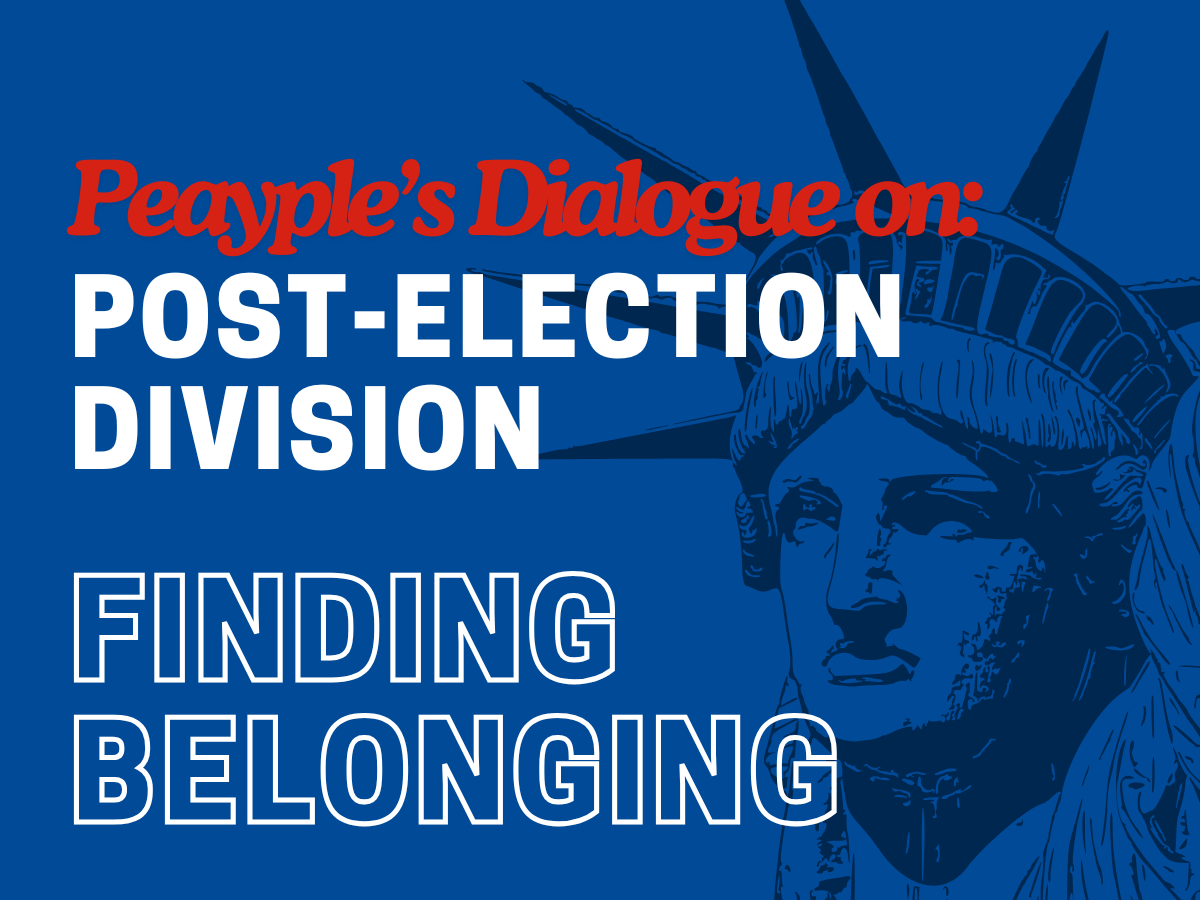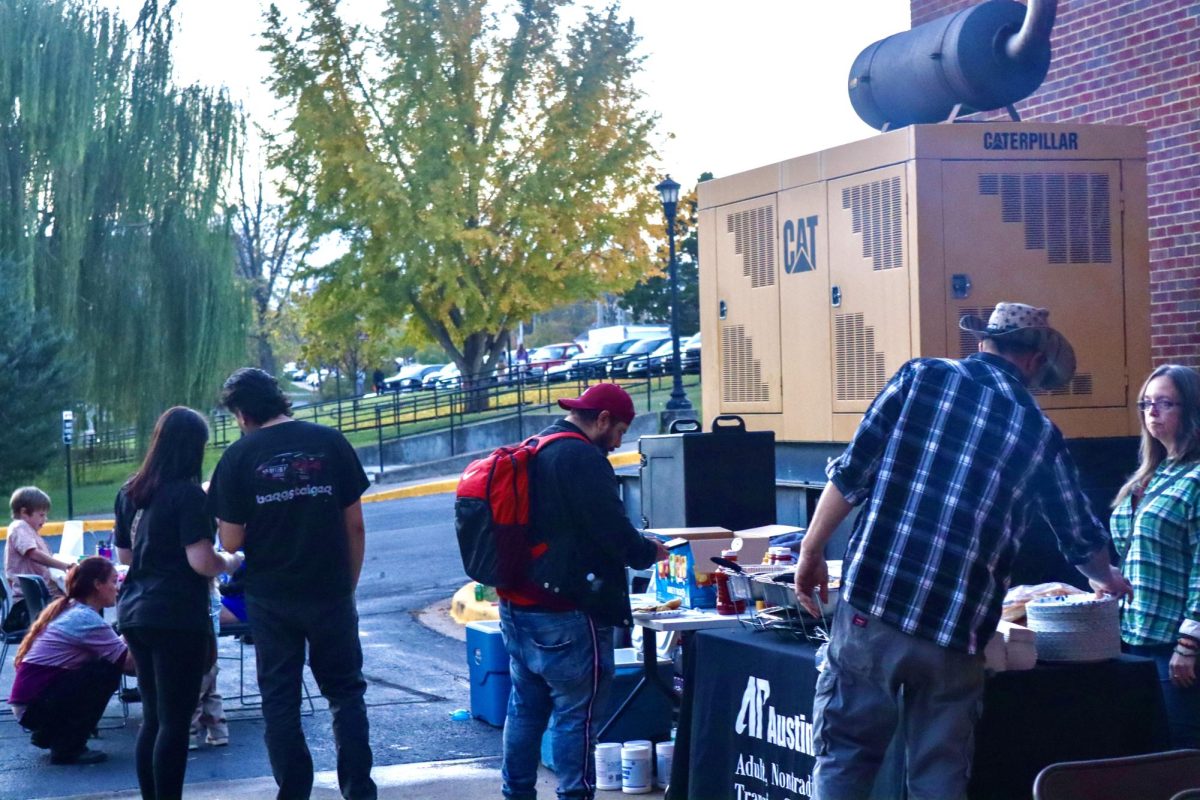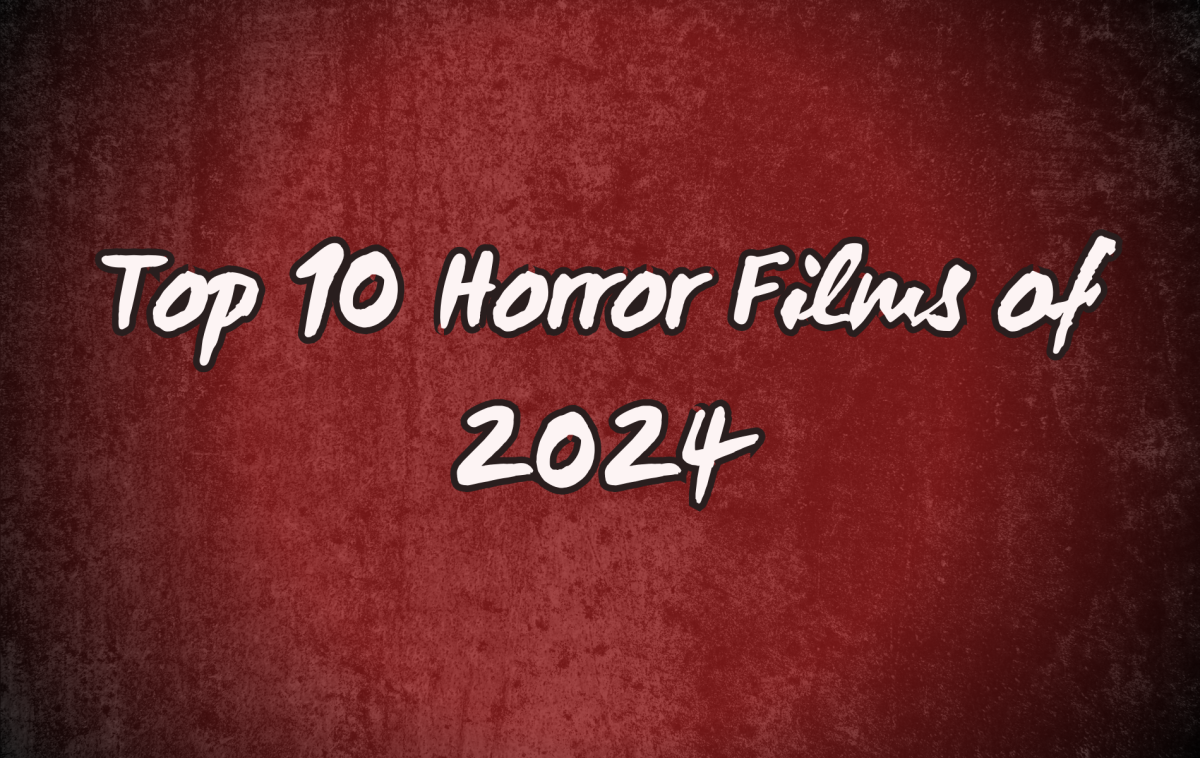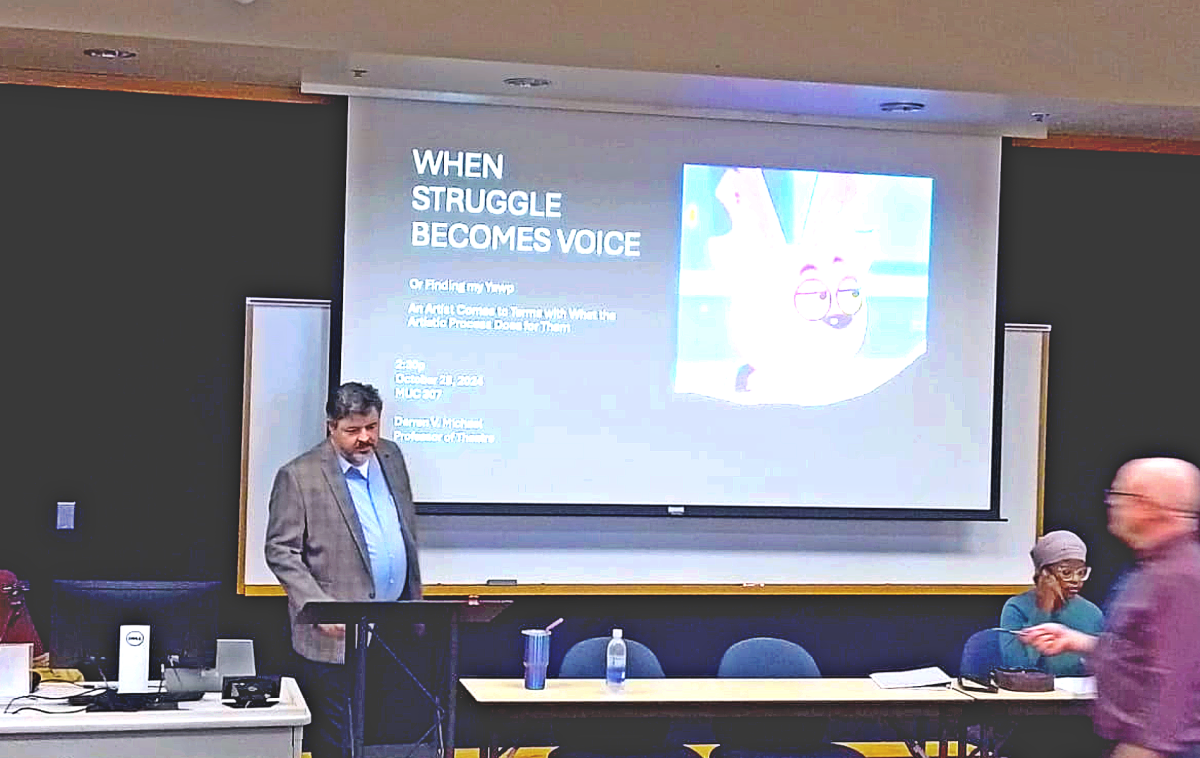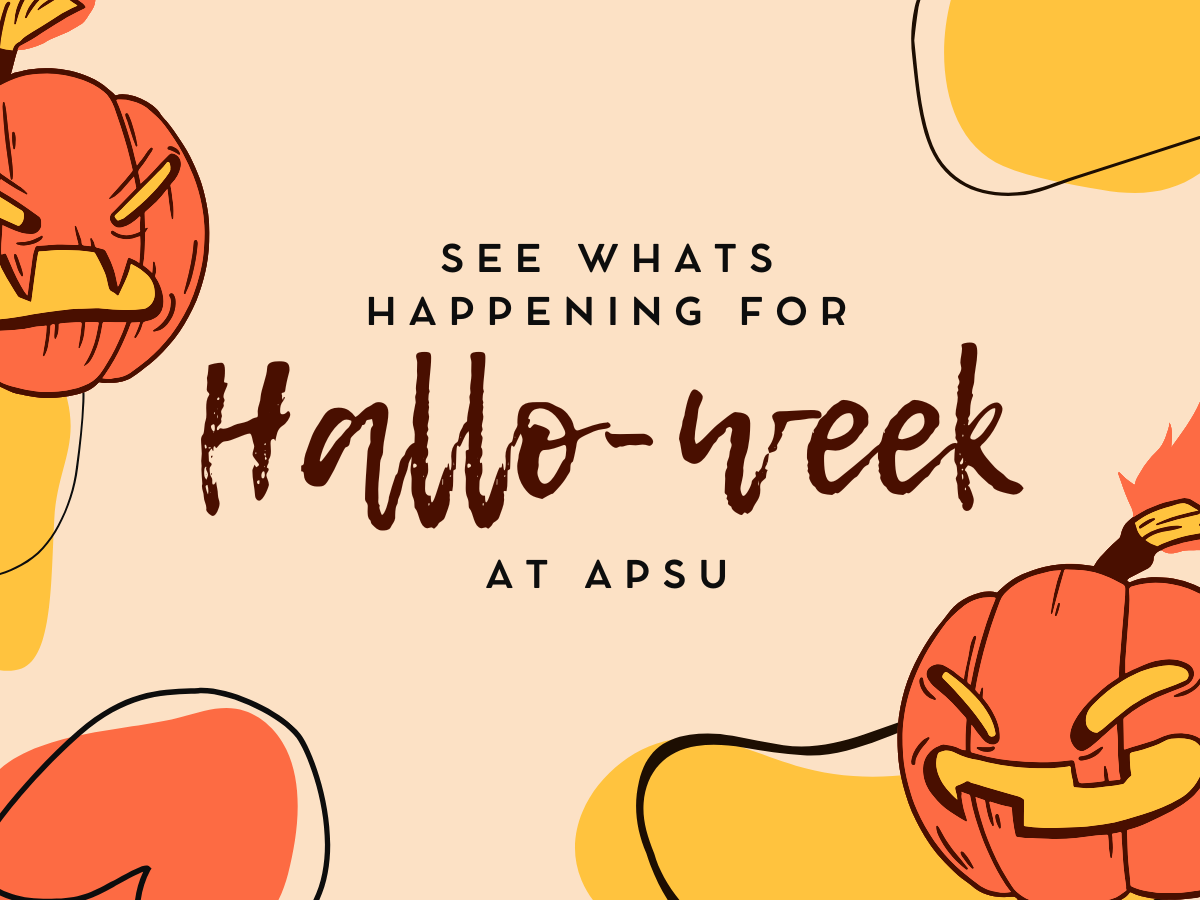» By LORI PERKINS – [email protected]
The genocide of European civilians, especially Jews, known as the Holocaust, targeted the mentally and physically disabled, homosexuals, gypsies, Polish, Jehovah’s Witnesses and other known religions.
Holocaust, means “sacrifice by fire” in Greek. From 1939-45, the Nazi’s oppressed people they felt were a threat to them. They used weaknesses to gain strength in the belief they were superior and killed an estimated 11 million people, two thirds of which were Jewish.
Commemorating the tragic events, for the first time on Friday, Oct. 21, APSU hosted a musical concert in the MMC which featured the Chamber singers, APSU choir, featured guests and faculty members of the music department. Eli Lara played the cello, Mary Alice Domenica played the piano, accompanied by the sounds of percussion and an organ.
“It’s very emotional, many students are already touched, and brings them to tears in rehearsal,” said Korre D Foster, the conductor of the concert, director of Choral Activities and assistant professor of music. “They must understand material so that it can come across to the audience properly.”
Because of the first title, “In the dark times will there also be singing?” people really didn’t know what to expect. They expected it to be dark, but wondered if a surprise could be included.
“I had to drive 45 minutes. I know it’s a tragedy, so I feel it’s supposed to be very deep, so I hope it’s good,” said APSU student Timothy Coward.
The balcony seats were closed and the seats in the small-sectioned auditorium’s capacity was full. The Chamber singers sang the first song, “In the dark times will there also be singing?”
Songs were sung in Hebrew. Letters of captives described how people were violently separated from their families and taken from their homes in 1942. One letter, written by a boy to his mother read, “Oh mother, I must return because I want to reward your pain, and kiss the tears from your eyes.”
Another spoke of a woman and her newborn who were both “needled,” a slang term meaning to receive a fatal shot. The same man who killed them walked over to a dog, petted it and gave it a lump of sugar.
Other letters were written about prisoners being forced in tanks filled with water below freezing. They also wrote how they used brown glass, forced it into their wounds and how they were purposely infected with malaria, “all for the good of the German Army,” led by Hitler.
The concert reminded viewers about the racism and hatred that occurred and how until this day no one can explain why. Jeffrey Wood, professor of music and composition, who composed “In the dark times will there be singing,’” said “the Holocaust is the great inexplicable moment in history. What we heard was based on testimonies. Even today we still can’t answer the question why. We still feel compelled to ask, it’s beyond our comprehension.”
The APSU choir performed the second song, “Holocaust Cantata.” A Nazi flag descended and a film was used to show images of men, women, children and the poverty-strickened areas in which they lived.
A few of the disturbing pictures showed men whose knee caps were the biggest part of their body because they were malnourished.
The concert highlighted the determination of some captives to stay free in their minds. “Despite their situation, brotherhood and music kept them strong. It was very striking,” said APSU Student Ivan Colon. TAS


